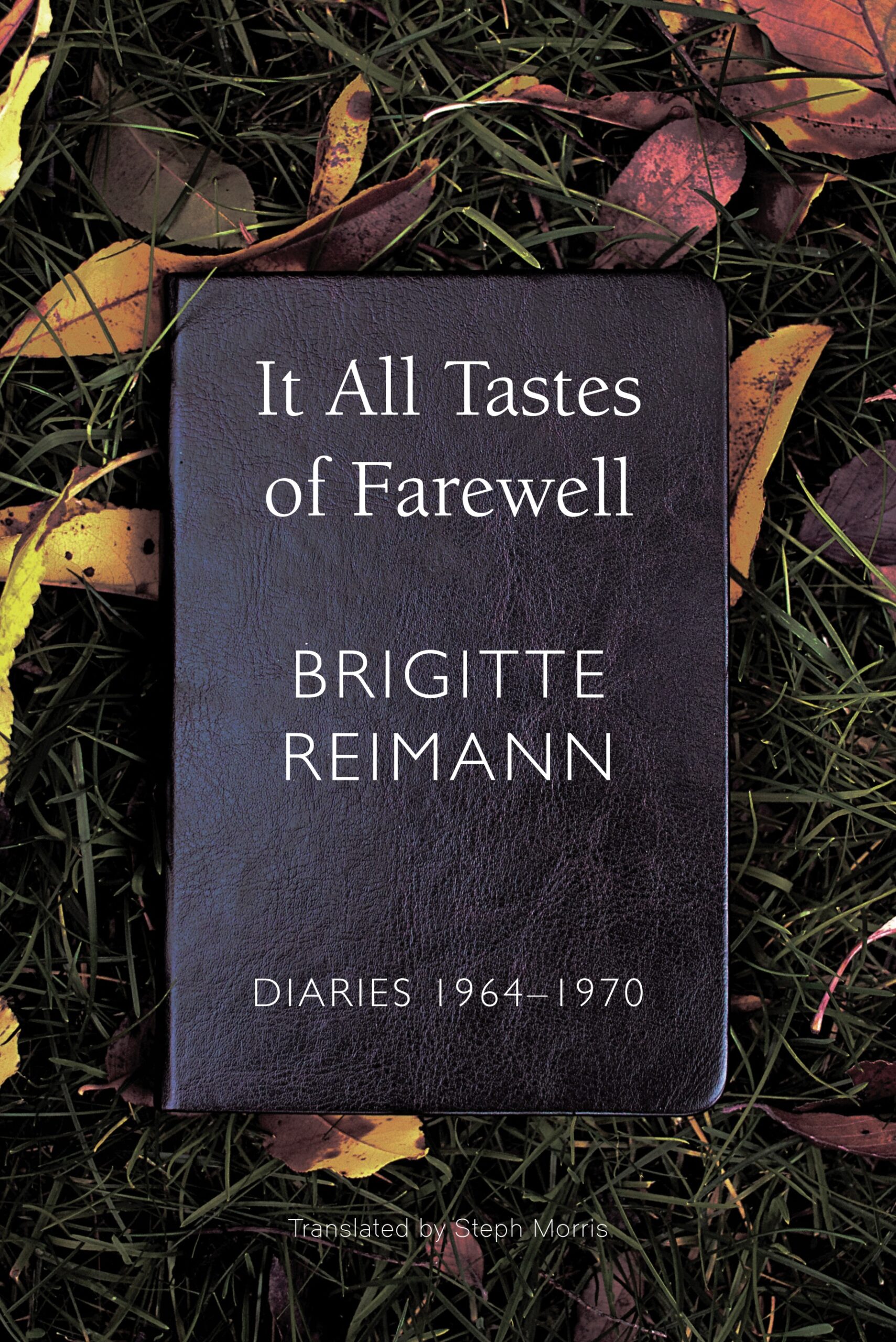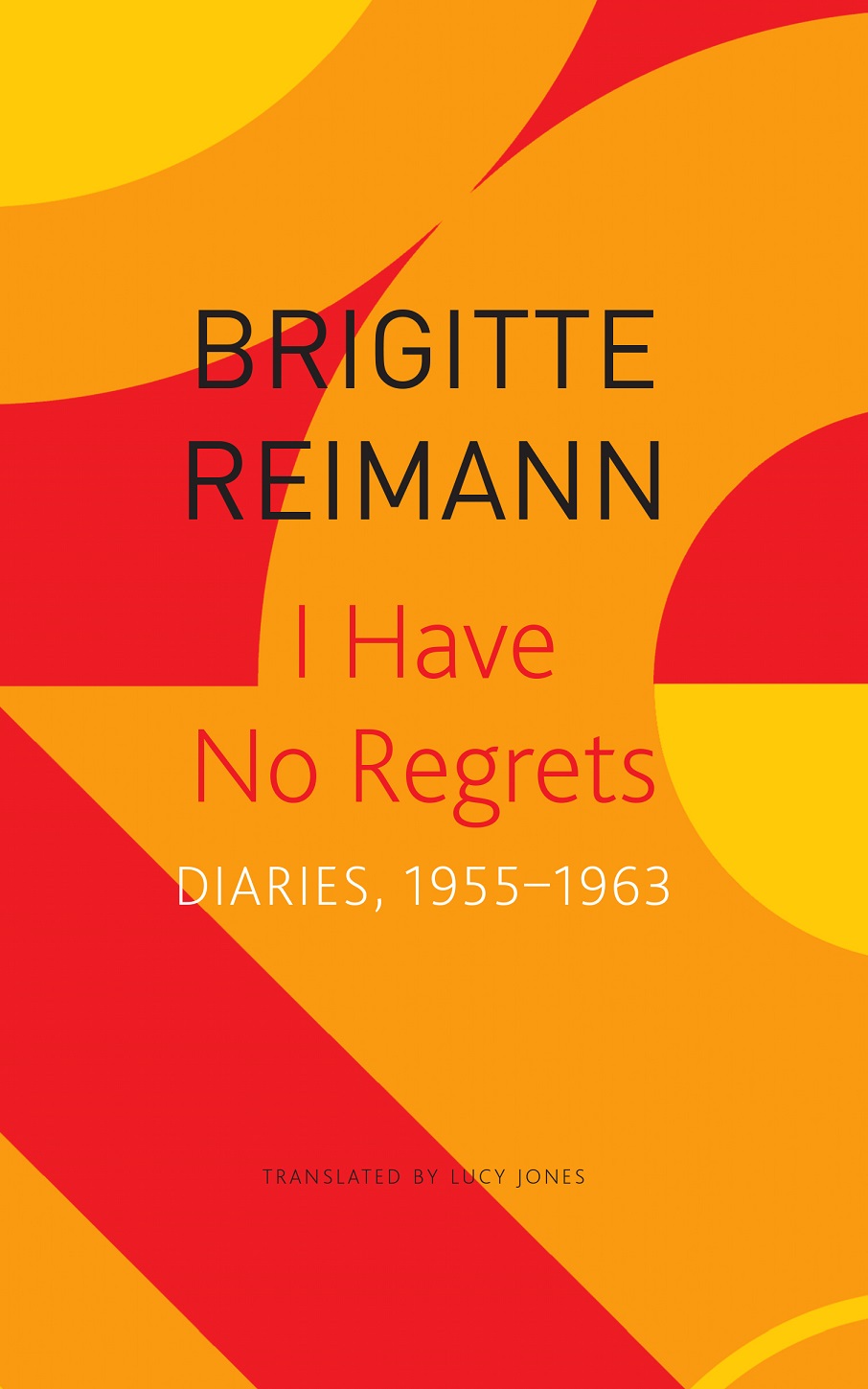It is 1955 and Brigitte Reimann, who has wanted to be a writer since the age of 14, is now 22. She lives in the eastern half of a country divided by post-WW2 geopolitics into opposing parts, one effectively controlled by the US (West Germany) and the other by Russia (East Germany).
 Sean Sheehan
Sean Sheehan
She begins a diary to record her private preoccupations.
Acknowledging that as a socialist she writes to help make people happy, ‘help them move forward’ she writes, using the parlance of the Communist Party governing her country, she also admits to egotism and a selfish pleasure that writing brings. Such honesty is characteristic of her diaries, now published in translation for the first time and appeari ng in two volumes.
The young Reimann has a tumultuous love life (“I’ve fallen in love again” is almost a refrain in the first volume) and being married does little to hinder various infatuations with other men. Flattered by her ability to woo and be adored but with no illusions – “I hate men’s desire to possess, their hunting instinct” – she has a genuine regard for her husband (they divorced in 1958).
Reimann comes across as highly strung, with preternatural worries about aging, and mood swings that lead to self-recrimination. Sensing a weakness in her writing: “My characters are optimistic, heroic and untrue, like nearly all the characters in the novels I know; I find them convincing while I’m reading their story, but later I sense how all writing is hollow”.
 On the day a dissident is sentenced to ten years’ imprisonment, she is “terrified and angry’; by 1970, disgusted by her own predicament, she labels herself ‘a petty-bourgeois writer”. Thinking of fellow writers, she wonders how aware they are and thinks of someone she knows who “calls himself a revolutionary, and I look at the life he leads…”
On the day a dissident is sentenced to ten years’ imprisonment, she is “terrified and angry’; by 1970, disgusted by her own predicament, she labels herself ‘a petty-bourgeois writer”. Thinking of fellow writers, she wonders how aware they are and thinks of someone she knows who “calls himself a revolutionary, and I look at the life he leads…”
By the time she came to write “Siblings” any concerns about hollowness in her fiction are filled in with an acute portrayal of the political and personal difficulties facing her contemporaries in East Germany but her basic political allegiance remains firm: “The only sure thing is that when compared to capitalism, socialism, in its original form, represents a higher development, a progression of mankind.”
 When her brother departs for a different life in West Germany – this is in 1960, when such a move was possible – she understands why he needs to get away but also sees the trap he is falling into: “He wasn’t prepared to kowtow to the Party – now he’ll have to do it for his capitalists”.
When her brother departs for a different life in West Germany – this is in 1960, when such a move was possible – she understands why he needs to get away but also sees the trap he is falling into: “He wasn’t prepared to kowtow to the Party – now he’ll have to do it for his capitalists”.
Ruefully, she accepts that brothers and sister can become estranged from one another but with their love undiminished.
Her diaries give an invaluable insight into life “Beyond the wall” and there are revealing moments – as when, hearing a journalist from West Germany innocuously make use the word ‘gassing’, she is shocked by his insensitivity.
“I have no regrets: Diaries, 1955-1963” and “It all tastes of farewell: Diaries 1964-1970”, by Brigitte Reimann, are published by Seagull.
(Photo: Pixabay)












.jpg)












